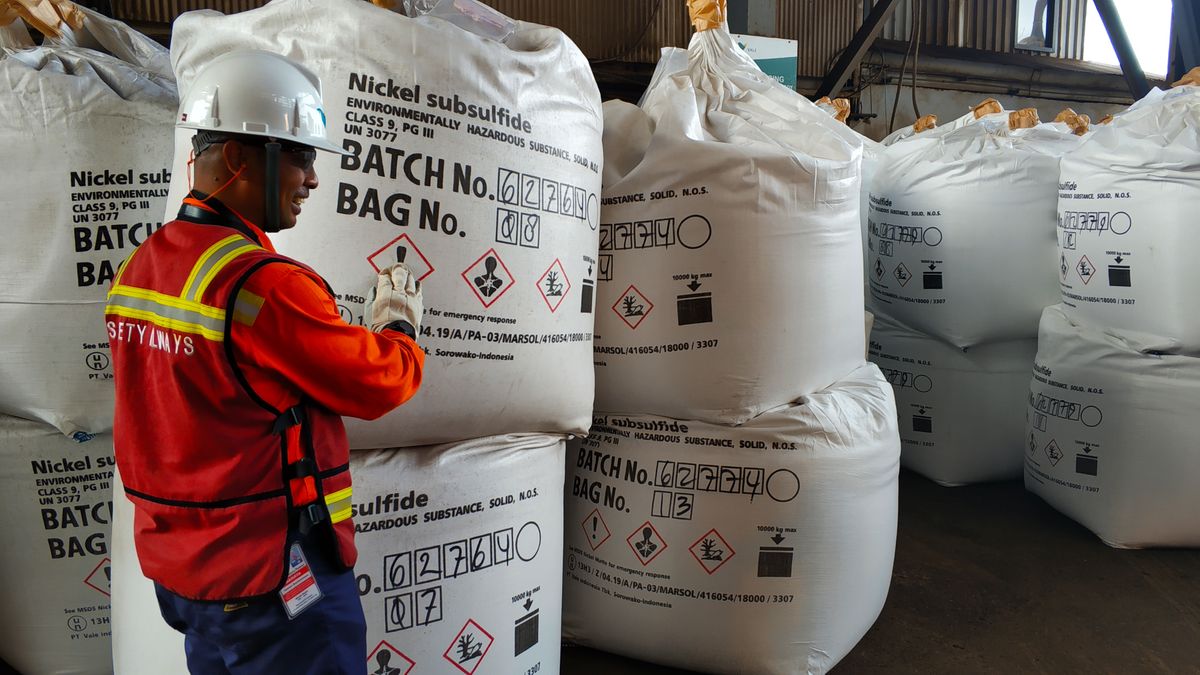China Spurs Bipartisan Opposition in Senate to Indonesian Nickel

The Lede: At the end of October, a group of U.S. senators sent a letter to Biden administration officials expressing concern about a pending free trade agreement with Indonesia. The letter aimed to block cooperation with Indonesia on critical minerals, particularly nickel, that would benefit China through subsidies created under the Inflation Reduction Act (IRA).
What We Know:
- A bipartisan group of senators led by North Dakota Republican Kevin Cramer sent a letter to U.S. Trade Representative Katherine Tai, Treasury Secretary Janet Yellen, Energy Secretary Jennifer Granholm, and Commerce Secretary Gina Raimondo arguing against signing a limited free trade agreement with Indonesia due to Chinese domination of the country’s mining and refining industry, with a particular emphasis on nickel.
- The senators said that the U.S. Inflation Reduction Act’s critical minerals credit should prioritize domestic producers and existing free trade agreement partners. These would include Canada and Australia. They also highlight Indonesia’s potential to become a partner through the Indo-Pacific Economic Framework for Prosperity but stress that there needs to be strengthened labor, human rights, and environmental standards.
The Background: Nickel is among the most significant minerals in the battery supply chain and is used in several defense-related applications. The U.S. government added nickel to the U.S. critical minerals list in 2020. The Biden administration plans to host President Joko Widodo at the White House this month, which coincides with the Asia-Pacific Economic Cooperation (APEC) summit in San Francisco. Indonesia aims to be among the world's largest producers of nickel and to be a major hub in the electric vehicle supply chain. U.S. Vice President Kamala Harris promised the Indonesian President that the two countries would cooperate to build resilient supply chains for critical minerals on her visit to Indonesia in September last year. The U.S. Inflation Reduction Act includes a $7,500 credit for the purchase of each new clean energy vehicle. The credit is granted under the condition that the critical minerals used are sourced from within the U.S. or a country with which it has a free-trade agreement.
Likely Outcomes:
- If the senators are successful, Indonesia will likely have to either outright choose to work with Chinese companies and not ship to the U.S. or attempt to circumvent the conditions of the IRA to comply with the law’s credits. Either way, this is a signal from U.S. lawmakers that they remain vigilant against China in their rivalry, especially in the critical minerals and battery space. This may sour U.S.-Indonesian relations ahead of the meeting of the two countries' leaders and the mood at the APEC summit later this month, where China is also the predominant focus for U.S. interests.
- Chinese companies may also downplay or mask their involvement in the Indonesian nickel industry to take advantage of the U.S. EV industry’s need for the critical mineral. It will likely take increased effort on the part of U.S. regulators to scrutinize the sourcing of in-bound nickel, which may not be feasible to enforce. The environmental and human rights arguments may be used as auxiliary reasons to reject buying from Indonesia.
Quotables:
"The idea behind the IRA was that free trade agreement countries have high standards and was a proxy for saying 'let's build up a supply chain outside of China and to do it with allies that have free-trade agreements. The point of the letter is to say that giving a free trade agreement to Indonesia is just a backdoor for Chinese companies and that U.S. taxpayers should not be giving a subsidy to Chinese miners in Indonesia.” - Todd Malan, chief external affairs officer at Talon Metals
"A U.S. free-trade agreement on nickel with Indonesia, would significantly reduce the attractiveness of investing in countries with higher ESG (environmental, social, and corporate governance) standards and leave consumers with no choice but to use dirty nickel. [Australia[ has the world's best environmental standards and, as a U.S. free-trade partner, is an IRA-compliant supplier. If the world wants batteries and EVs to be both affordable and environmentally sustainable, investment in Australian and Canadian production must be encouraged." - Luca Giacovazzi, CEO of Wyloo
Good Reads:
U.S. senators oppose Indonesia FTA that paves way for nickel subsidies (Nikkei)
Senators Express Concerns Regarding Critical Minerals Trade Agreement with Indonesia (Cramer Senate)
